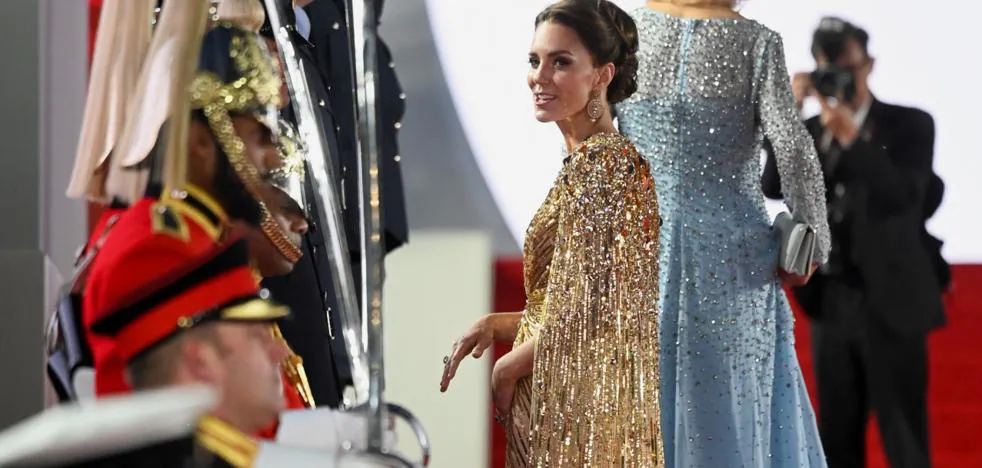–
by Peter Carstens
–
–
In an interview with GEO.de, the astrophysicist and television presenter Harald Lesch explains why children need more “excursions into reality” – and criticizes the unregulated digitization
–
GEO.de: Professor Lesch, in your television reports you bring science closer to an audience of millions. And you keep pointing out the threat posed by the climate and species crisis. What can information and education do here?
Prof. Harald Lesch: We are dealing with crises that have arisen from taking a very monomaniacal position from an extremely strong economic standpoint, without considering that the use of earth system resources will eventually reach its limits. The Limits to Growth report first pointed out in 1972 that the idea that we could gutt this planet like a dead hen was not working. So we have known for a long time that this type of thinking is not productive. Nevertheless, we continued like this. We need to think about the Earth system and how we are connected to it. For example, we would never have over Oneworld but about Withthe world should talk. We have always pretended that the earth was a kind of backdrop on which and in front of which we can do what we want. This uneducated way of dealing with the world has put us in the position we are in today. Education must be a call to have an overview of more than this one point of view.
When science is mentioned, it is mostly natural science that is meant. What role do the humanities play?
I think the humanities are incredibly important and relevant because they scientifically deal with the inner perspective of a society and culture. You deal with questions like: What values do we want to live by? What are the standards by which we deal with ourselves, but also with others, and ultimately also with nature? The natural sciences cannot answer these questions because they can only state what is the case. I consider the mutual interpenetration of knowledge from the humanities and natural sciences to be very important.
An example?
We can use the means of science to get molecules to combine in the way we would like them to. But then of course we also have to ask: What are the consequences for us? The whole climate debate could be sharpened to the question of why we are experiencing such great global warming. The answer is: Because we use way too much energy. We live in an energy obesity. We are over-fat. This is the result of a pervasive technical-economic complex that simply relies on efficiency, in the form of technology, and returns, i.e. economy. Doing and earning without reflection – does not sound good and is not good.
Do children and young people need different learning content in view of the impending ecological crisis?
What children and young people need above all else are really good, motivated teachers. All analyzes of what is important for children’s learning success clearly indicate that it is not the learning content but the teachers that are decisive.
No additional suggestions for the curriculum?
Pope John XXIII once demanded: “Open the windows!” What children and young people need are excursions into real reality. My impression is that the keyboard or the screen of smartphones and screens are now the only window to the outside. But digital worlds don’t smell, to get to the point. The real world is something completely different from these digital simulations, which are unfortunately now referred to as digitization in schools. School should make much more contact with reality possible – and thus make it sustainable. It is also a question of where do the craftsmen come from who are building the energy transition, i.e. building something, operating it and repairing it. That is the challenge now. Because our present is the prerequisite for the future.



